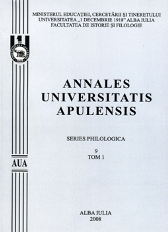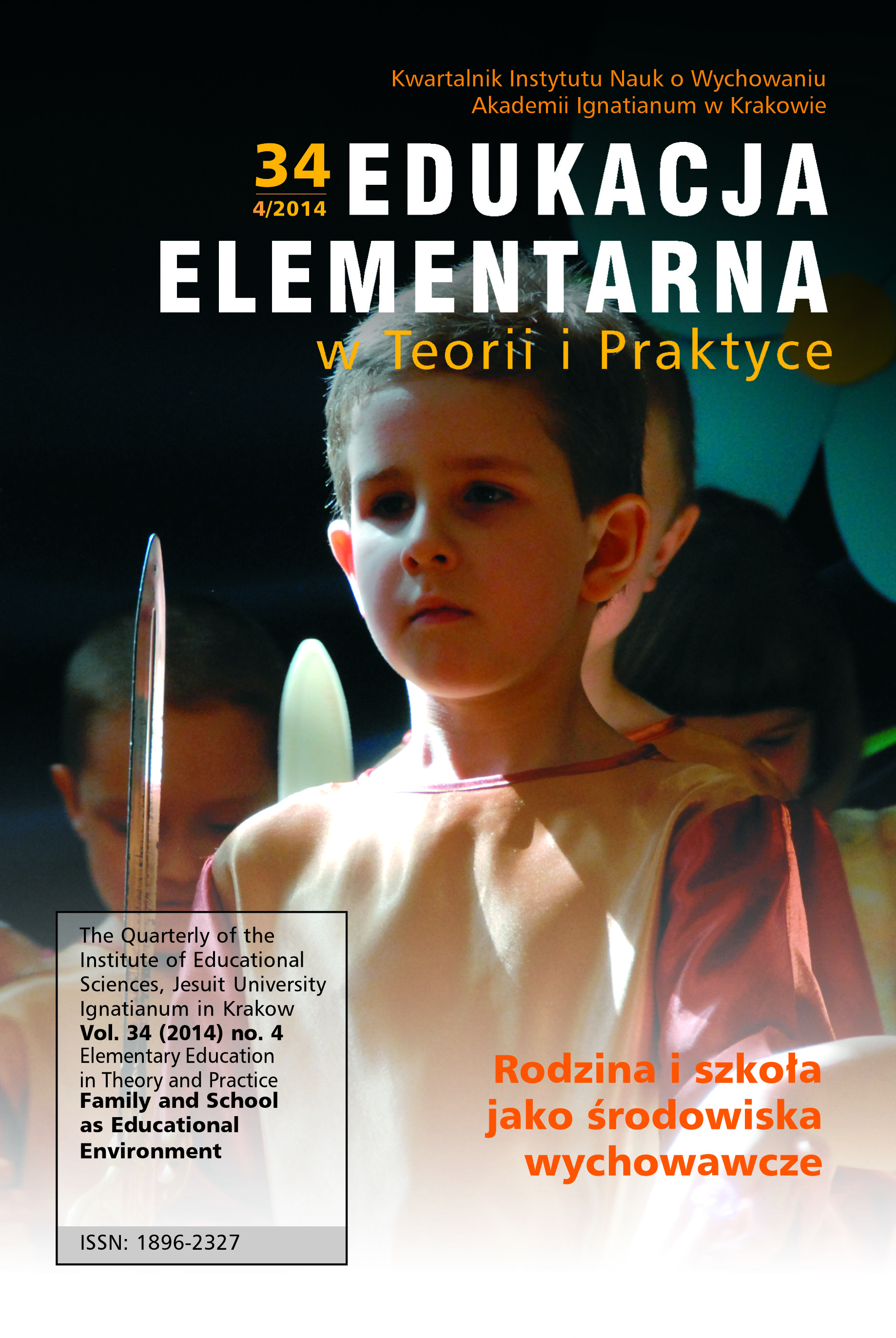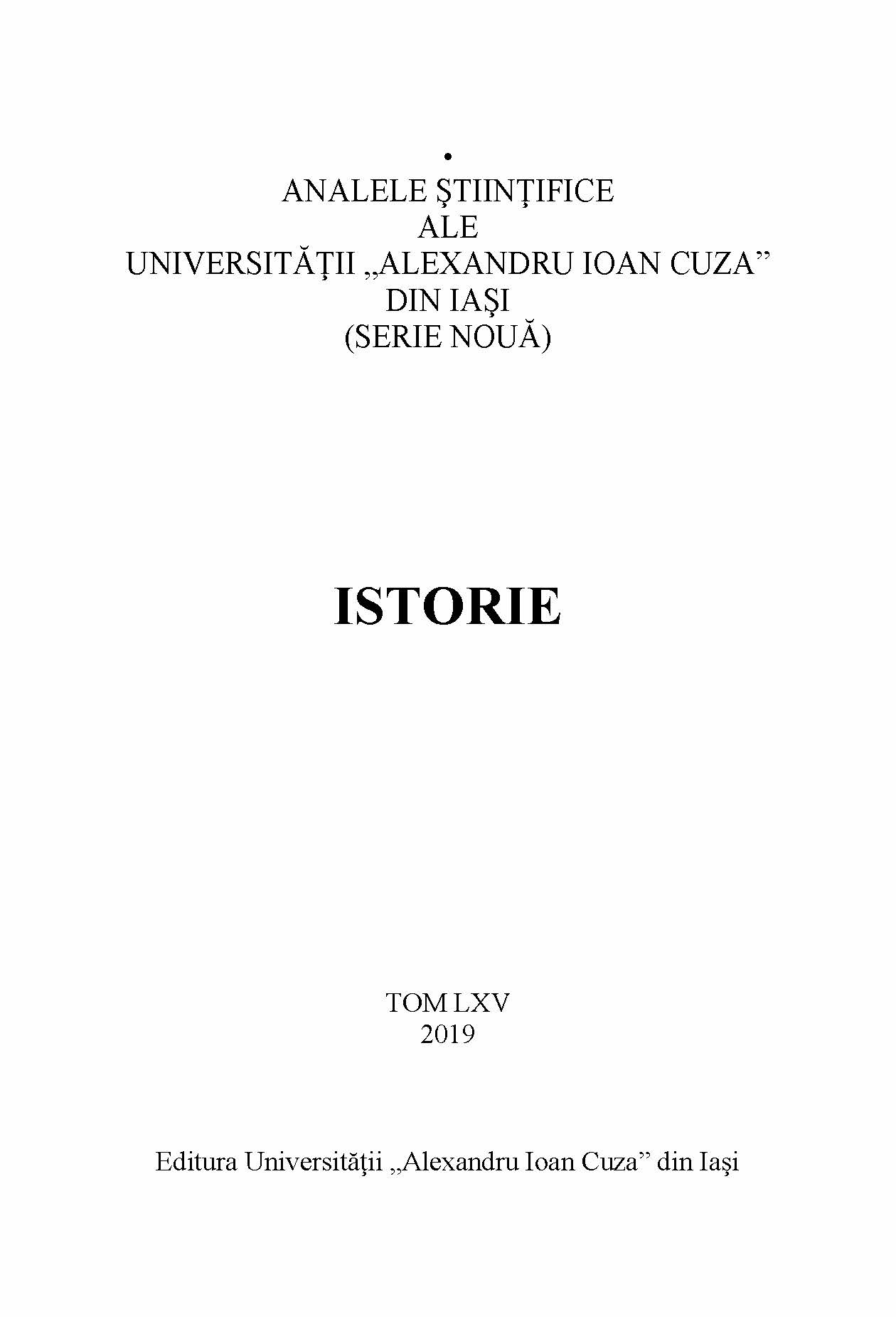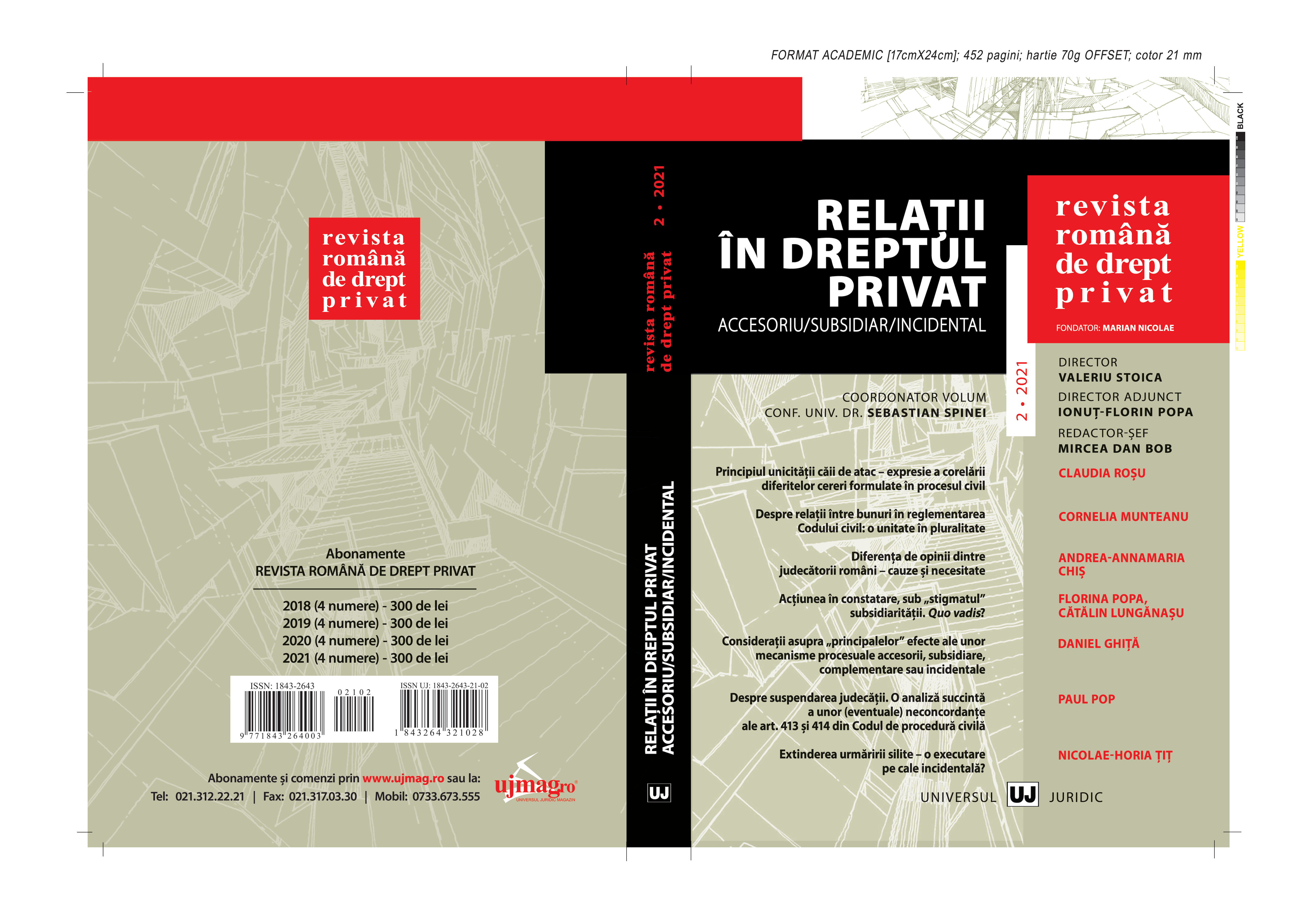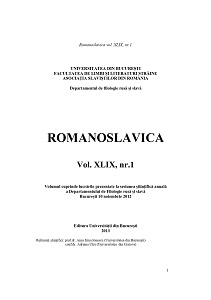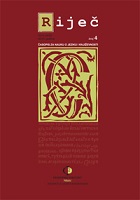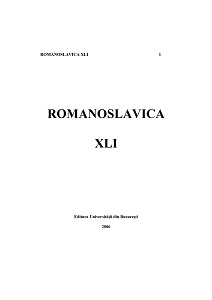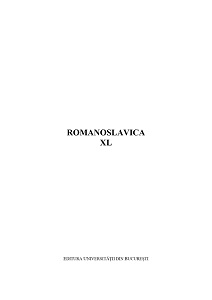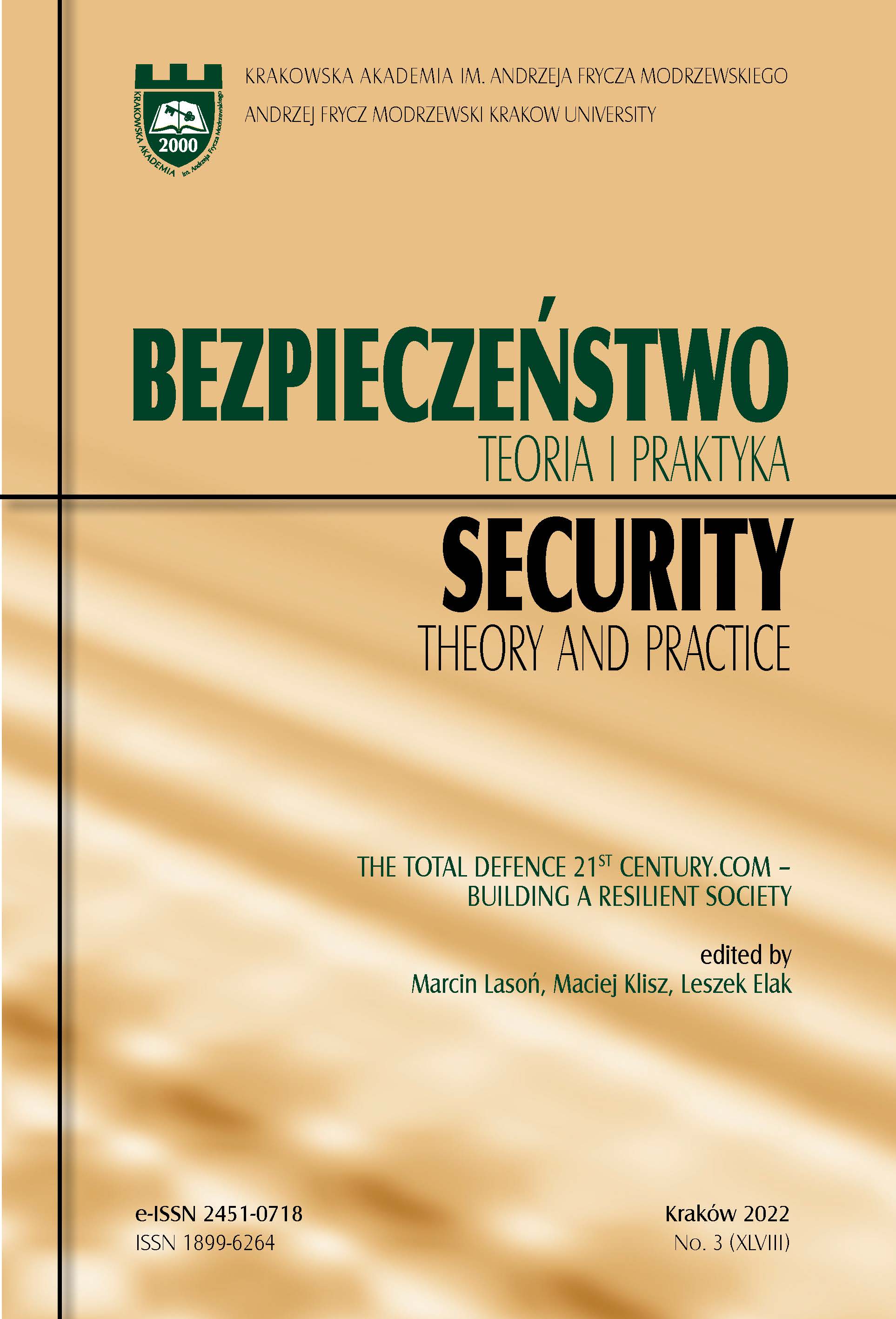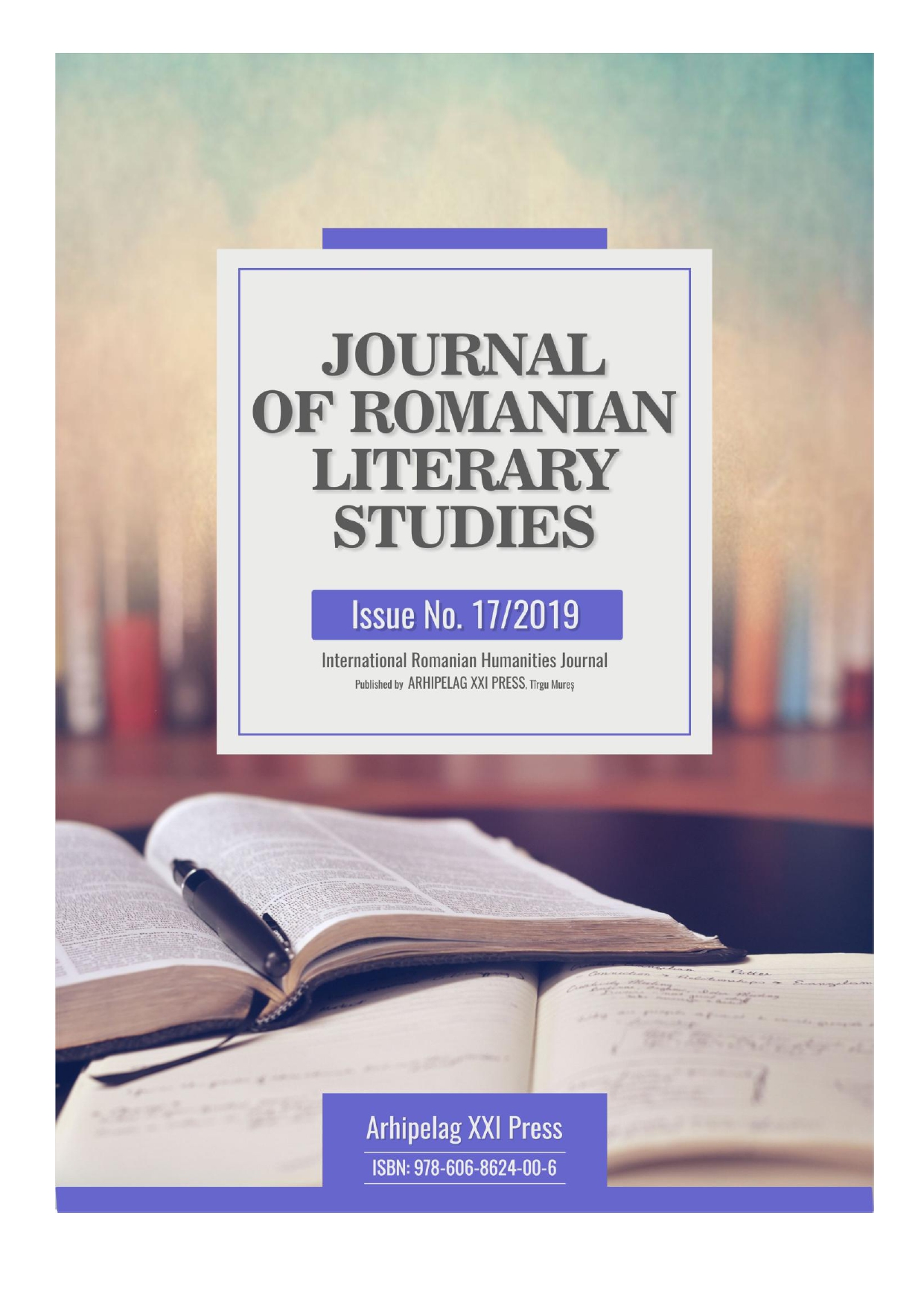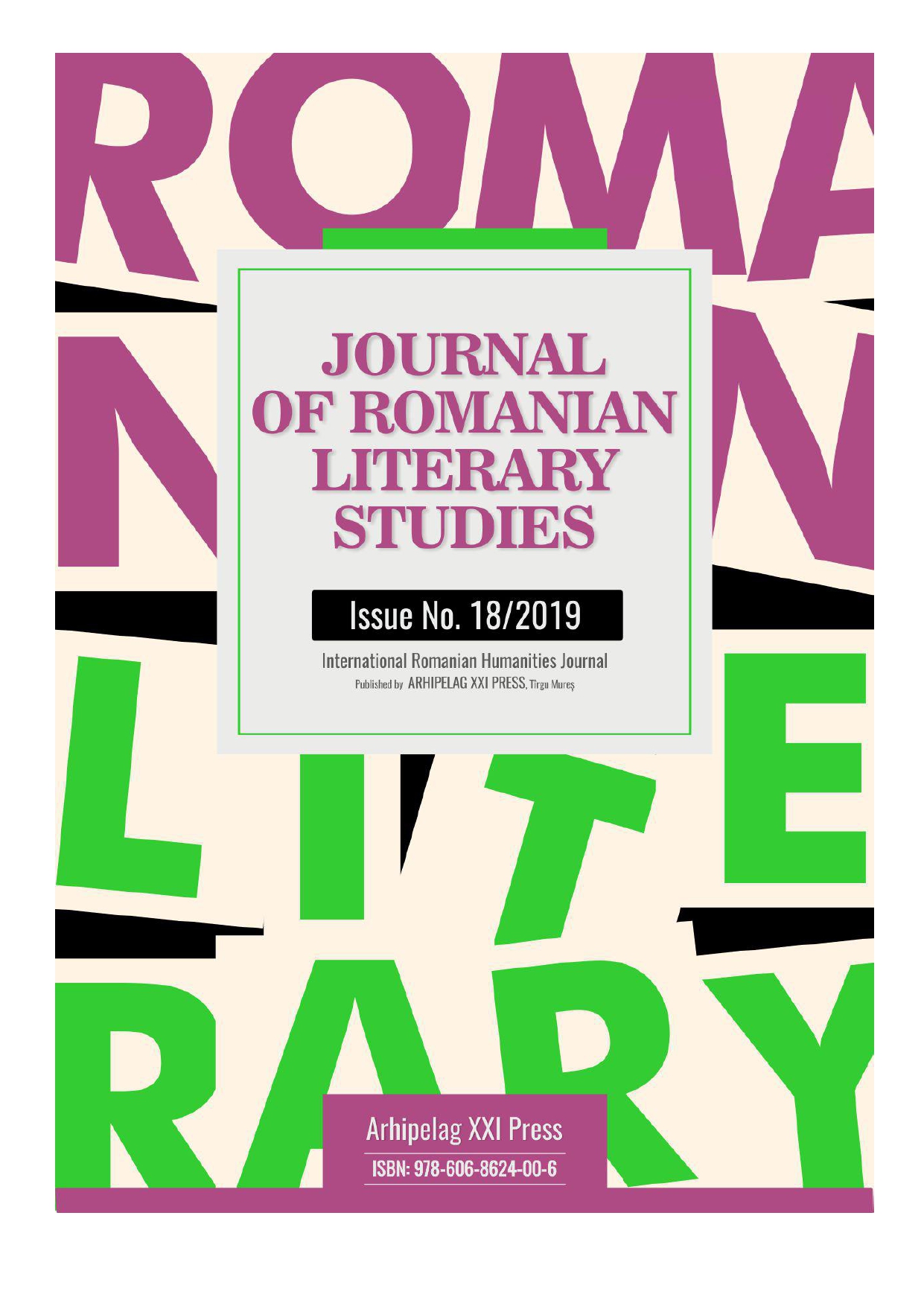IDENTITY AND MARRIAGE
IDENTITY AND MARRIAGE
Keywords: postmodern postcolonial perspective; culturally mixed marriages
This paper aims to explore the issue of marriage as it is visible in some British novels by South-Asian authors, such as Salman Rushdie, Hari Kunzru, Monica Ali, Meera Syal, and others. Marriage is discussed from a postmodern postcolonial perspective, with gender, ethnicity, social group, class, caste and religion as clear markers of the characters’ identity. The male and female characters live their individual yet social lives in a space of imperial/postimperial British influence, with power relations clearly circumscribed to the hegemonic relationship, labelled by Gramsci ‘domination by consent’. Marriage, be it arranged or a love-match, within the same ethnic, religious or social group or not, is a central element around which the male and female characters revolve. I am analysing three types of marriage - the immigrants’ marriage, the ‘Asians in Asia’ and the hybrid, culturally mixed one - exploring the way the characters view themselves and others in relation with the Asian or British societies’ social and cultural rules. For the first or second-generation Asians in Britain, the marital union is placed in a multicultural context, giving new dimensions to their otherwise traditional customs, as opposed to the one of the second category, marriage on the Asian subcontinent being a rather traditionalistic affair, with families conspiring to find ‘the best match’ for their offspring. If trying to detach themselves from this tradition, the characters are punished with unhappy, even tragic experiences. A special case is offered by the hybrid, culturally mixed marriages, also doomed ones, but bringing along additional evidence in support of a reversed Orientalism, in which the ‘mystic Occident’, full of sexual promise, is also an opportunity of twisting the Imperial past experience; as one of the characters puts it, by possessing
More...

